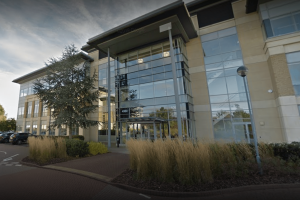City leaders urge Government to commit funds to HS2

THE leaders of the England’s eight biggest cities are petitioning the Government to commit sufficient funds to ensure that the HS2 high speed rail project does not run out of steam.
On the eve of the latest spending review the Core Cities group, which represents Liverpool, Manchester, Birmingham, Bristol, Leeds, Newcastle, Nottingham and Sheffield, is urging the government recognised and protect the estimated £33bn scheme, due to its strategic importance and ability to create jobs.
Sir Richard Leese, chair of the Core Cities Cabinet and leader of Manchester City Council, said: “HS2 has enormous potential to be a real engine of growth for the country by bringing our major cities closer to each other, and to mainland Europe. It will create jobs, boost productivity and help the nation compete globally.
“There is a well-recognised link between investment in infrastructure and economic prosperity and that means the difficult financial backdrop should make HS2 even more of a priority.
“We welcome the commitment which the Government has show to HS2 so far and would encourage them to demonstrate this in the spending review.”
Sir Albert Bore, leader of Birmingham City Council and Transport lead for Core Cities Cabinet, added: “To grow the economy, and at a challenging moment for the public finances, we need a commitment to the stimulus HS2 will provide to attract more investment into our great cities, to create jobs and boost growth.
“With some rail lines reaching capacity within 5-10 years, this is a make or break issue for this nation’s economy. High Speed Two is an unfortunately titled programme, because it is not just about speed, it is about increasing capacity on our rail network and connectivity within our economy.”
Economist Bridget Rosewell, senior partner of London-based consultancy Volterra Partners backed the Core Cities’ appeal stating: “The West Coast Main line is pretty much full, while demand continues to increase. And new high speed capacity in turn releases space on the existing networks for freight and for commuter traffic, both of which are fighting for more trains.”







